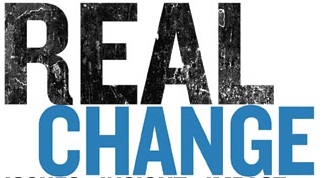Lies and Secrets
Dishonesty becomes a way of life for most people with addictions…of any kind.
And when they swear off the use of drug or the repeating of the act, whatever that may be, the tendency to shape the truth doesn’t just disappear. In fact, I would be willing  to bet that most addicts/alcoholics resort to lying throughout the stages of addiction. Traditionally, the steps are labeled misuse, abuse, dependence, and full-blown addiction. These stages are the cornerstones of our secrets.
to bet that most addicts/alcoholics resort to lying throughout the stages of addiction. Traditionally, the steps are labeled misuse, abuse, dependence, and full-blown addiction. These stages are the cornerstones of our secrets.
* Misuse
This, the initial stage, is where people begin to experience negative happenings in their relationships at home and at work. A pattern of deception of is born.
* Abuse
When people continue using a substance in spite of negative consequences, it is considered abuse. They are not only deceiving others, now they are deceiving themselves as well.



 That is most dangerous, for the mind always tries to complete what it pictures. So always picture “success” no matter how badly things seem to be going at the moment.
That is most dangerous, for the mind always tries to complete what it pictures. So always picture “success” no matter how badly things seem to be going at the moment.




 such as: drug addiction, video games, crime, alcoholism, compulsive overeating, problem gambling, computer addiction, pornography, compulsive shopping, workaholism, over exercising, etc.
such as: drug addiction, video games, crime, alcoholism, compulsive overeating, problem gambling, computer addiction, pornography, compulsive shopping, workaholism, over exercising, etc.